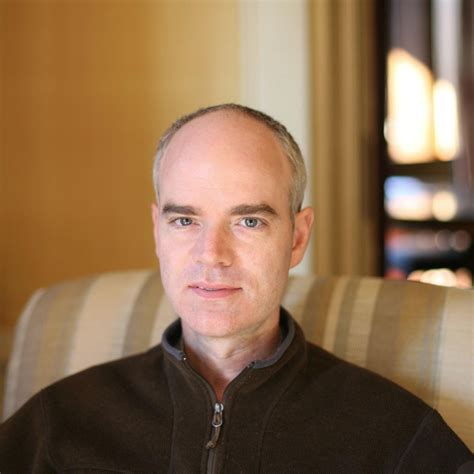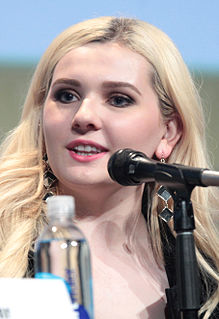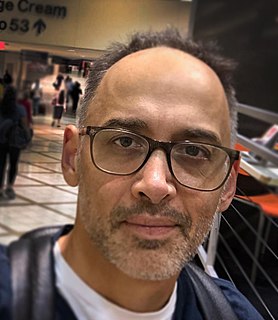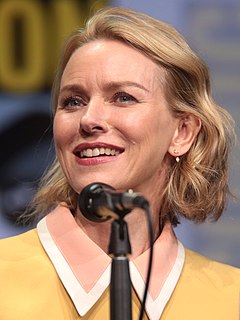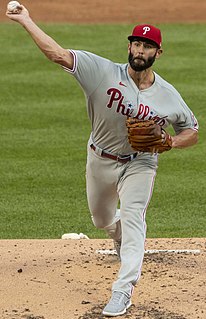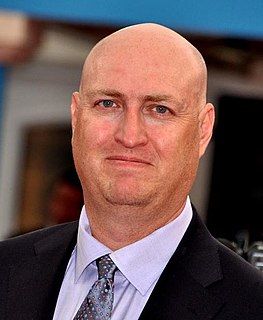A Quote by Laura van den Berg
Unlike a novel, where you expect a different kind of arc that leaves us with a somber sense of resolution, I think a story in some ways as like a train window: being able to watch the landscape pass for a certain amount of time. And then your stop arrives, and you have to leave.
Related Quotes
If you really like a movie these days, you don't watch it once, especially if you're a kid, because you have a different relationship with media. You expect that to be on your hard drive, and it will look just as good, any time you watch it. It's not like VHS, where you watched it a certain amount of times and it started fading away.
There is no one kind of thing that we 'perceive' but many different kinds, the number being reducible if at all by scientific investigation and not by philosophy: pens are in many ways though not in all ways unlike rainbows, which are in many ways though not in all ways unlike after-images, which in turn are in many ways but not in all ways unlike pictures on the cinema-screen--and so on.
Getting into a space suit and going outside, to me, getting your peripheral vision involved and looking at the Earth was a whole different experience than looking through the window. And it's kind of the same on earth. If you're driving in a car and you see like a beautiful sunset or landscape, it looks so much better if you stop and get out and kind of take it all in and that's kind of what it's like doing a spacewalk.
A novel is like a long relationship and a short story is a brief one that lingers - it lingers powerfully and maybe more powerfully. I think that's true in a lot of cases, most long-term relationships compared to some of the briefer ones - the intensity of those brief ones that end, I think a short story is kind of like that. There's a certain level of intensity that I think is different.
Each of us is our own story, but none of us is only our own story. The arc of my own personal story is inexplicably and intrinsically linked to the story of my parents and the story of my neighbor and the story of the kid that I met one time. All of us are linked in ways that we don't always see. We are never simply ourselves.
Most really good fiction is compelled into being. It comes from a kind of uncalculated innocence. You need not have your ending in mind before you commence. Indeed, you need not be certain of exactly what's going to transpire on page 2. If you know the whole story in advance, your novel is probably dead before you begin it. Give it some room to breathe, to change direction, to surprise you. Writing a novel is not so much a project as a journey, a voyage, an adventure.
Until we stop ourselves or, more often, have been stopped, we hope to put certain of life's events "behind us" and get on with our living. After we stop we see that certain of life's issues will be with us for as long as we live. We will pass through them again and again, each time with a new story, each time with a greater understanding, until they become indistinguishable from our blessings and our wisdom. It's the way life teaches us to live.
There are story-room sessions where you think about the big picture, like a novel, but once you have certain things in place, you have to treat each episode like an hour of TV, and think that maybe this will be the only episode that anyone will ever watch. You want to have some sort of beginning, middle, and end to the episode, even if you have storylines that are carrying over. You still want it to feel like a cohesive hour of entertainment. And you can't think about both at the same time.

